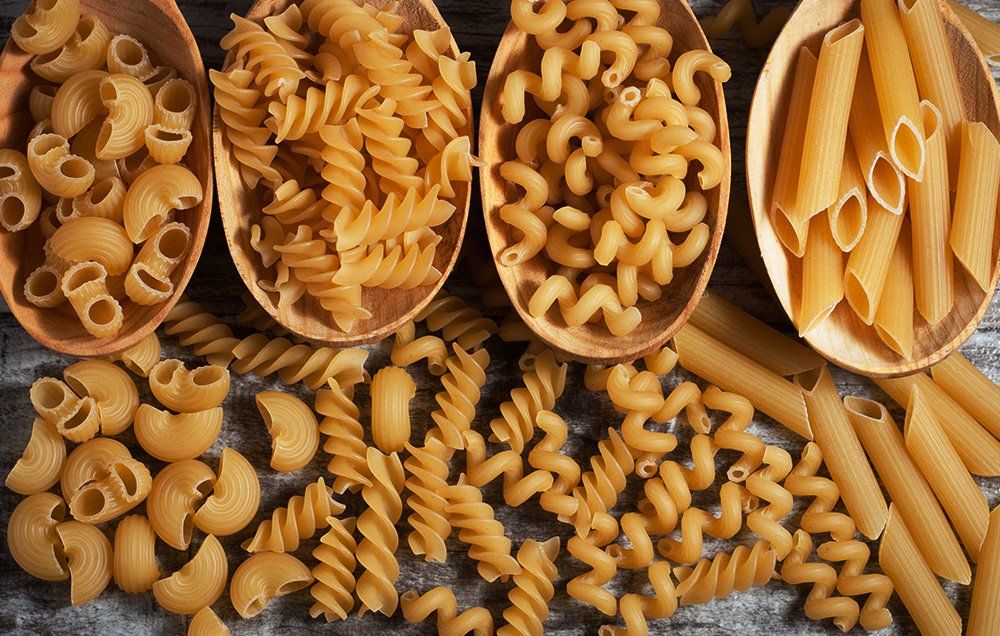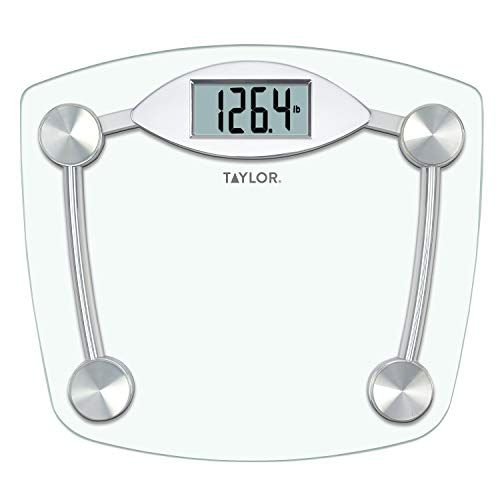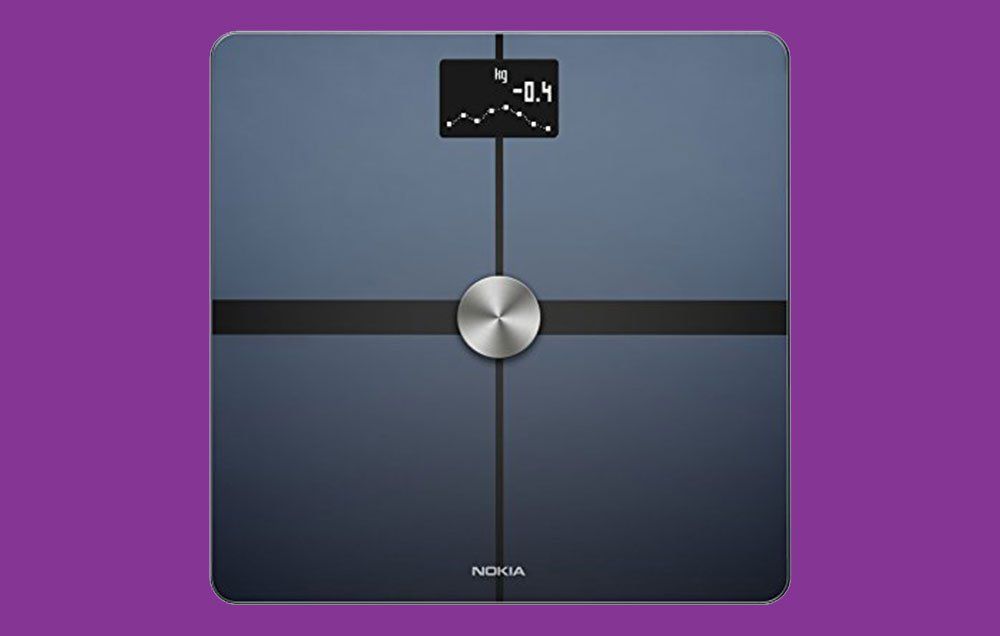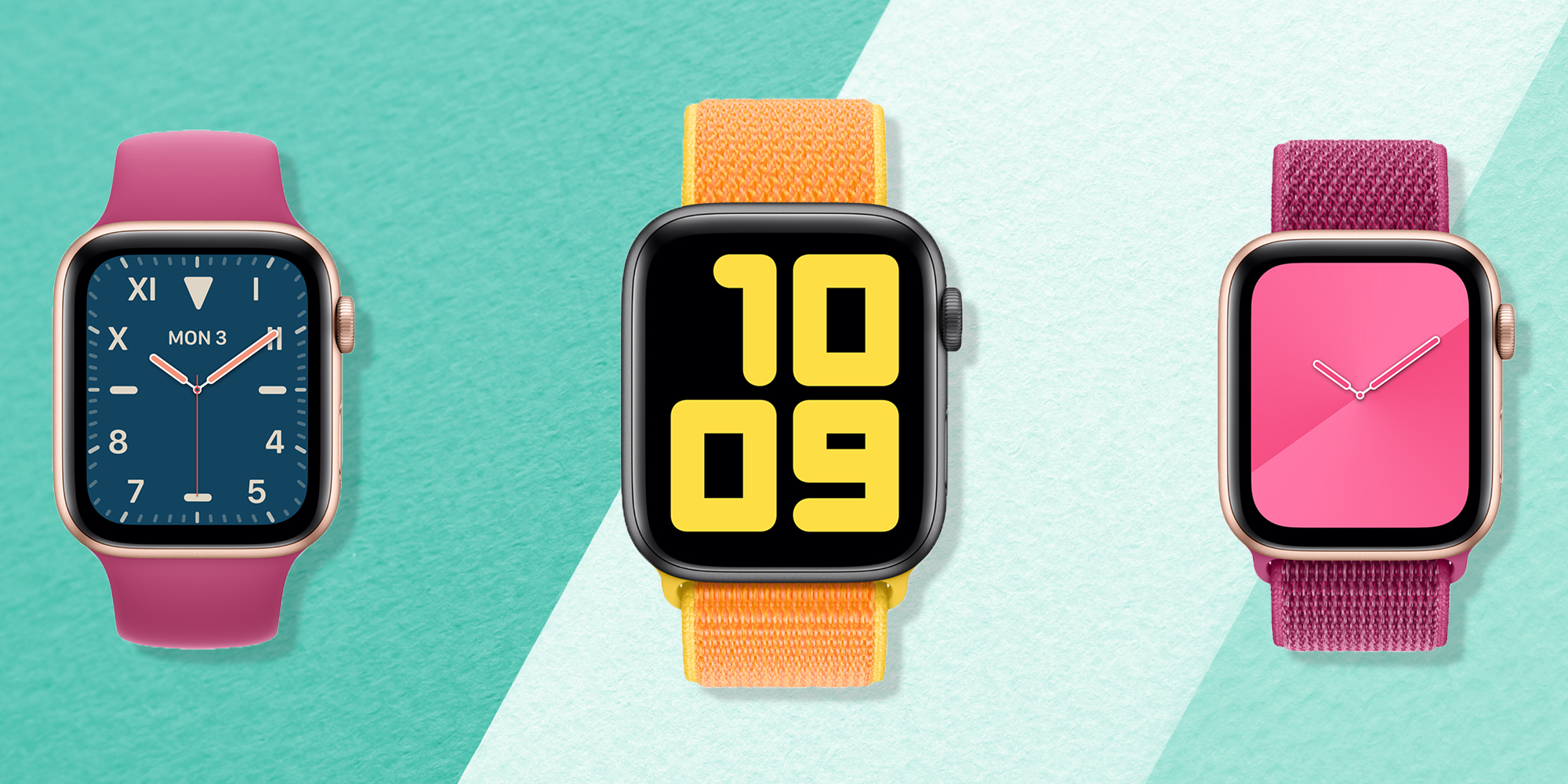You’ve got a weight-loss goal. You’ve got a plan for making that goal happen. And you’ve got a scale in the corner of your bathroom to keep tabs on your progress along the way. So you’re good to go, right?
Not so fast: Just because you step on a scale periodically doesn’t necessarily mean you’re using it in a productive way. You can’t exactly hop on whenever the mood strikes and expect to gain meaningful information from it.
There are a slew of possible reasons why your weight can fluctuate day to day. So if you’re going to use a scale as a tracking tool, you’ve gotta know a few best practices. There’s not only a best time of day to weigh yourself, but also an ideal frequency when it comes to doing weigh-ins. Oh, and there’s a best way to contextualize the number you read, and even a best *kind* of scale for measuring accurately and easily.

Ahead, literally everything you’ve ever wanted to know about self-weighing to help monitor a health goal…and some things you didn’t even know you wanted to know.
If you know that weigh-ins are helpful for you, this is when—and how often—to do ’em.
The only time you should weigh yourself is first thing in the morning, after you go to the bathroom, with no clothes on, says Charlie Seltzer, MD, an obesity medicine physician and exercise specialist in Philadelphia.
You want to take the most stripped-down measurement you can, without any unnecessary ounces weighing you down (pun intended). That way, you’re getting the most accurate reads possible. (Think about it: If you were wearing a heavy dress and shoes on the scale one evening then weighed yourself sans clothes the next morning, you’d see different numbers, right?)

Dr. Seltzer also recommends getting on the scale every day for consistency, keeping in mind that the numbers will naturally go both up and down regardless of what you ate or how much you worked out the day before. “Individual body weight on a given day is irrelevant,” he says. “You have to look at the trends over time, so that one day’s weight is simply a data point.”
In other words, you don’t want to wake up, weigh yourself, and accept that you now weigh that exact number on the scale (or, worse, judge yourself for weighing a pound or two more than you did yesterday morning). Ideally, you would track your weight over the course of several weeks and months every day, then look at the average downward trend, not a fixed decrease in your weight over just a few days.
“Fat loss is a slow process and dramatic weight loss doesn’t happen on a daily basis,” Dr. Seltzer explains. “You want to see your weight moving down at a rate of about one pound per week, but know that every week may not be perfect, and that goal may be different depending on your starting weight.”
You don’t need a scale with tons of bells and whistles.
It can be tempting to browse Amazon’s selection of totally futuristic scales that tell you nifty details like body fat percentage and take into account the broader changes that might be happening to your body if you’re weight training or building muscle. But basic is better for the majority of people who are trying to lose an amount of weight and see fat loss, Dr. Seltzer says.

“The body fat readings [on many high-tech scales] are inaccurate, and you lose body fat faster than you can build muscle anyway,” he explains. “So if you’re losing fat you should still see those changes on the scale.”
That being said, if you love a particular smart scale and want to stick with it, that’s totally fine—just take the detailed number breakdowns with a grain of salt. Well, take *any* scale number with a grain of salt, considering the digits on a basic scale represent your weight comprised of muscle mass, fat, and bone—so it doesn’t always accurately represent your health (but you know this).
That’s why Dr. Seltzer also suggests clients set aside a pair of test pants—i.e. a pair that feels a little snug but that you can still put on and zip up—to use in conjunction with a scale. If you’re fitting more comfortably in your pair over time and/or seeing your weight trending down as the weeks go by, you can rest assured you’re on track with your goals.
Dr. Seltzer’s personal scale recommendation? Anything made by Taylor. (Dr. Seltzer himself uses a $20 Taylor scale that literally just tells him his weight.)
Remember: Weighing yourself is entirely a personal choice.
If you’re making an effort to lose weight, you probably want know whether or not your diet and exercise habits are working for you. A scale is a simple way to assess those things for many people.
Some research even supports the role of regular weigh-ins for meeting weight-loss goals; a 2018 study published in the journal Circulation found a correlation between greater weight loss within a 12-month period and more frequent weigh-ins (several times per week) versus weigh-ins only once per week or less. Other research has found no such correlation, however.
“For most people, there’s nothing wrong with stepping on the scale,” says Erika Doukas, PsyD, a clinical psychologist who specializes in treating eating disorders. “It can be useful for someone who is overweight and following a responsible plan for weight loss, or someone who has already met their goals and wants to maintain their weight.”

But while scales work for some folks, other people may struggle with hopping on the scale every day. It can be confusing, especially when the numbers aren’t going in the direction you want (or changing as quickly as you’d like). This may make it tempting to throw in the towel when it feels like your efforts aren’t paying off in a clear, measurable way. Or, it can have a negative effect on your self-esteem and mental health.
As long as you understand the principles of normal weight fluctuations and won’t feel upset by the weight changes you see, Doukas says, the scale can be a great tool. If it feels discouraging, it might not be the best tracker for you.
Another exception: People with a history of disordered eating should talk to their health-care provider before using a scale at home. For people who have dealt with an eating disorder, self-weighing can increase anxiety or even be triggering, explains Doukas.
If weighing yourself starts to make you feel bummed at any point, stop.
Don’t put your mental health in jeopardy for your physical health. They’re both equally important and need to work together.
“Like with any weight-loss intervention, if weighing yourself has a neutral effect on your life or makes it better, you should do it—but if it has any negative impact you definitely shouldn’t,” says Dr. Seltzer, who adds that if getting on the scale is really distressing for you, consider seeing a mental health professional to figure out why.
Doukas agrees and recommends thinking about what role regular weigh-ins actually play in your life. How do you feel when you weigh yourself? Is it more discouraging than inspiring? Does it increase your anxiety? Do you berate yourself with an insulting inner monologue afterwards?
If you have a negative reaction about your body or self-worth every time you step on the scale, there’s no reason to keep doing it—especially not when there are other ways to stay on track with your weight loss goals. Instead, you can focus on healthy nutrition and use a food journal, maintain an active lifestyle and log your workouts, or just have a check-in with yourself and recognize how you feel in your own skin. “How you feel about yourself can have an impact on how you perceive yourself,” says Doukas.

Ultimately, seeing your meal prep containers stacked in the fridge, closing those activity rings on your Apple Watch, or tracking your weight, might energize you and get you pumped about your progress. If that’s the case? Do your thing, lady, and celebrate your accomplishments one by one.
The key here is to weigh yourself only if it’s part of a responsible weight-loss plan. (And if you do, in the morning and in the buff each day!) Otherwise, ditch your scale and change your mindset first—a healthy mind often leads to a healthy body—so do whatever you need to make your weight-loss journey a positive one.
Source: Read Full Article